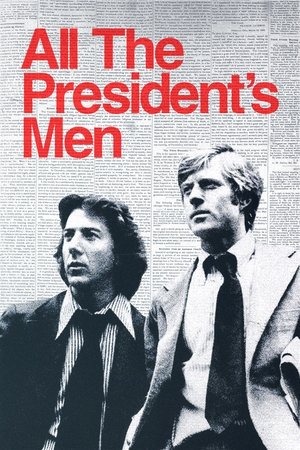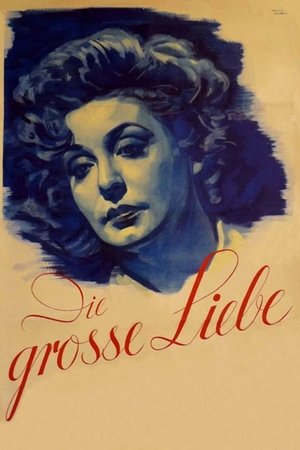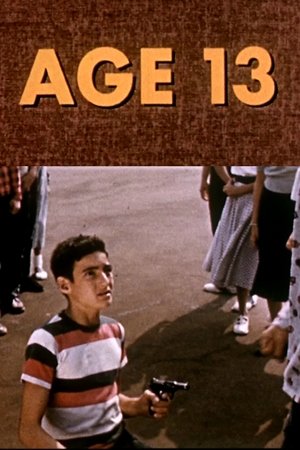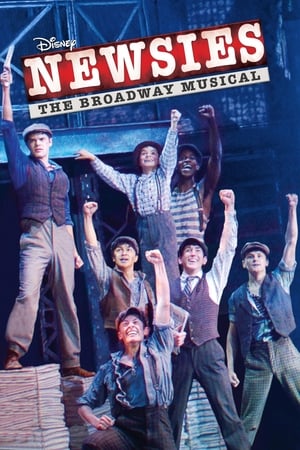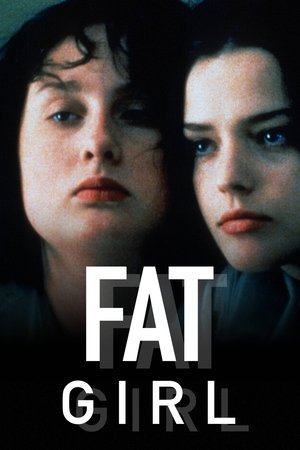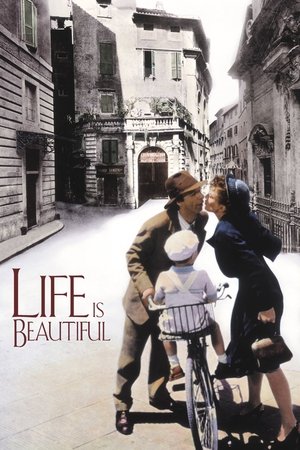Overview
Poland, during World War II. Martha Weiss, a Jewish woman, arrives at the Auschwitz extermination camp with her family. She is assigned the role of interpreter, but her loved ones are much less fortunate.
Reviews
Director Wanda Jakubowska was, herself, interred in Auschwitz during the latter stages of WWII, and so is uniquely placed to tell us the story of "Marta" (a stirring effort from Barbara Drapinski). A Jewish woman who is sent for slaughter to this infamous camp, but whom - by a curious twist of fate - is selected to interpret for the Nazis. That may spare her, but she must watch her family and countless others live lives of violence, deprivation and humiliation before the potential relief of death was visited upon them. What we see here illustrates really succinctly the brutality that went on here; and sometimes that appeared all the worst because the criminal frau were just as complicit in these atrocities as the men. Indeed, some seemed to positively relish their newfound power! The use of a gramophone record to cover the sounds of the regular beatings that were administered to those less co-operative, or dissident, or whose face simply didn't fit in, was ingeniously odious. An ensemble cast of powerful character actors and the setting at the camp itself adds a ghastliness to the impact of this film that didn't really need to rely on a script to augment the experience of the viewer. Defeatist these ladies weren't - a stoicism and determination crept in and took hold, and that is epitomised by the brave and increasingly shrewd "Marta" as she - and her thousands of fellow inmates - constantly treads on egg shells to survive. You can almost smell the evil coming from this film, and as an example of the gruesome inhumanity mankind can have for it's own brethren, it is spine-tingling. It's not especially graphic nor detailed in it's menace - but the sum of the parts makes for a compelling film that perhaps the warmongers of 2024 could do with watching.

 107 min
107 min
 7.2
7.2
 1948
1948
 Poland
Poland
 CinemaSerf wrote:
CinemaSerf wrote:


